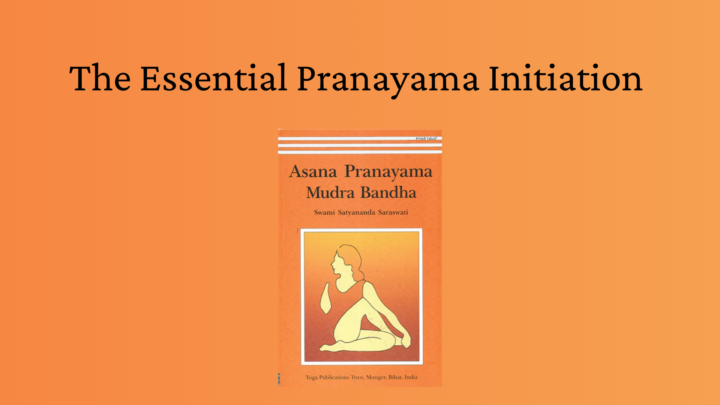Activity
Mon
Wed
Fri
Sun
Mar
Apr
May
Jun
Jul
Aug
Sep
Oct
Nov
Dec
Jan
Feb
What is this?
Less
More
Memberships
Pranayama with Shiv Yoga Club
78 members • Free
15 contributions to Pranayama with Shiv Yoga Club
Hola 👋
Toni here, from Tarragona. Curious and flatfooted since 1982. Love running, open sea swimming and playing hangdrum. Love also cooking and kickboxing. Into Ayurveda and pranayama just recently. A big hug fam. Toni
Cardiff Yoga Meetup
Namaste and Happy New Year to everyone! I just created an event on Eventbrite just for a meetup of Yoga enthusiasts in Cardiff. Saturday, Jan 10 from 7 pm, somewhere on City Road. https://www.eventbrite.com/e/yoga-meetup-tickets-1979399441012?aff=oddtdtcreator It's just an informal chance to hopefully make some new friends who are also yogis and meditators💓 Wishing everyone vibrant health, unending blessings and a profound 2026. Love, Shiv
Important, please read!
Namaste everyone, I have very exciting news to share. I've just uploaded to the classroom a new course called, 'The Essential Pranayama Initiation'. I'm confident that this course is one of the best Pranayama courses anywhere on earth. How can I say that without being arrogant? Well, it's because in this course, together, we will go through the Pranayama section of the illustrious Yoga guide Asana Pranayama Mudra Bandha by Swami Satyananda Saraswati ji (reverent salutations and pranams). It is comprehensive and is essential for beginners. Even experienced practitioners I'm sure will appreciate the genius of it. Learning these Pranayamas is an amazing opportunity in ones life; no matter how it comes across your path. Let's do it and I am here to serve and support in whatever way I can on your own intensely individual journey of self discovery through this most excellent system of Yoga. With full love, Shiv P.s. There is a $50 charge for the course. HOWEVER, if the money is an issue right now but you are committed to Yoga and want to do this course PLEASE ASK AND IT WILL BE FREE FOR YOU. This is more important than anything for me; nothing should stand in the way of this divine knowledge.. if you want it.

Update
Namaste beloved friends! Just a little update of things that are happening. I was recently in Mallorca for an event called Body Mind and Soul. It was a wonderful event and I was fortunate enough to give a short talk and demonstration of Pranayama, which went well. We are all ridiculously lucky to have an attraction, no matter the size, to the yogic system. It is a way of total wellness; taking care of the physical, all the way to the highest and unspeakable realisations within consciousness. I also got the chance to interview the brilliant Nipun Mehta, give it a watch if you have time and let me know what you think! If you would like to be part of the 'heart pin love movement' that we talk about in the video, let me know and I'll send you one! And inspired by that conversation, today is my Day 1 of the 21 Day Kindness Challenge that Nipun suggested to me in that conversation. If you feel to join me, even in spirit, you are welcome. Together we are all the more sweet. I feel it's so important as part of our Yoga practice and commitment, to do our best to spread love and good vibes to family, friends and community as best we can. The world needs the light of your heart. Fearlessly loving all hastens the path towards your own Beloved. I'm also working on a Pranayama course that I feel is going to be very useful to all of us in the club, regardless of your level at the moment, so stay tuned for that. Sending all my full love and a big hug, Shiv
Yoga Nidra
Namaste all, The brilliant @Jaia Toora is beginning to share Yoga and has just released her first Yoga Nidra guided video that you can link below. https://youtu.be/0uvw7StN9KI?si=sxbJuhXz6DR7ofb8 Please check it out and if you enjoy, give a like comment and subscribe. Full love, Shiv
1-10 of 15



